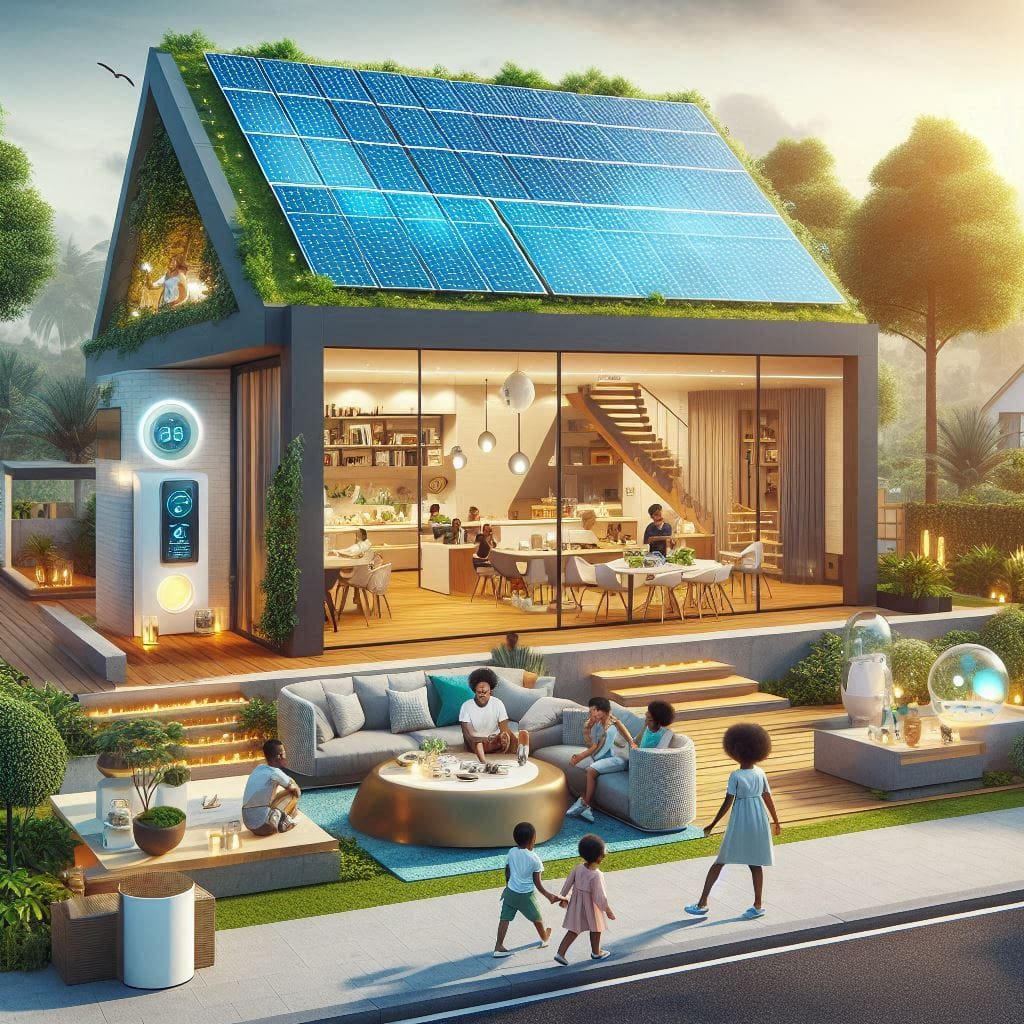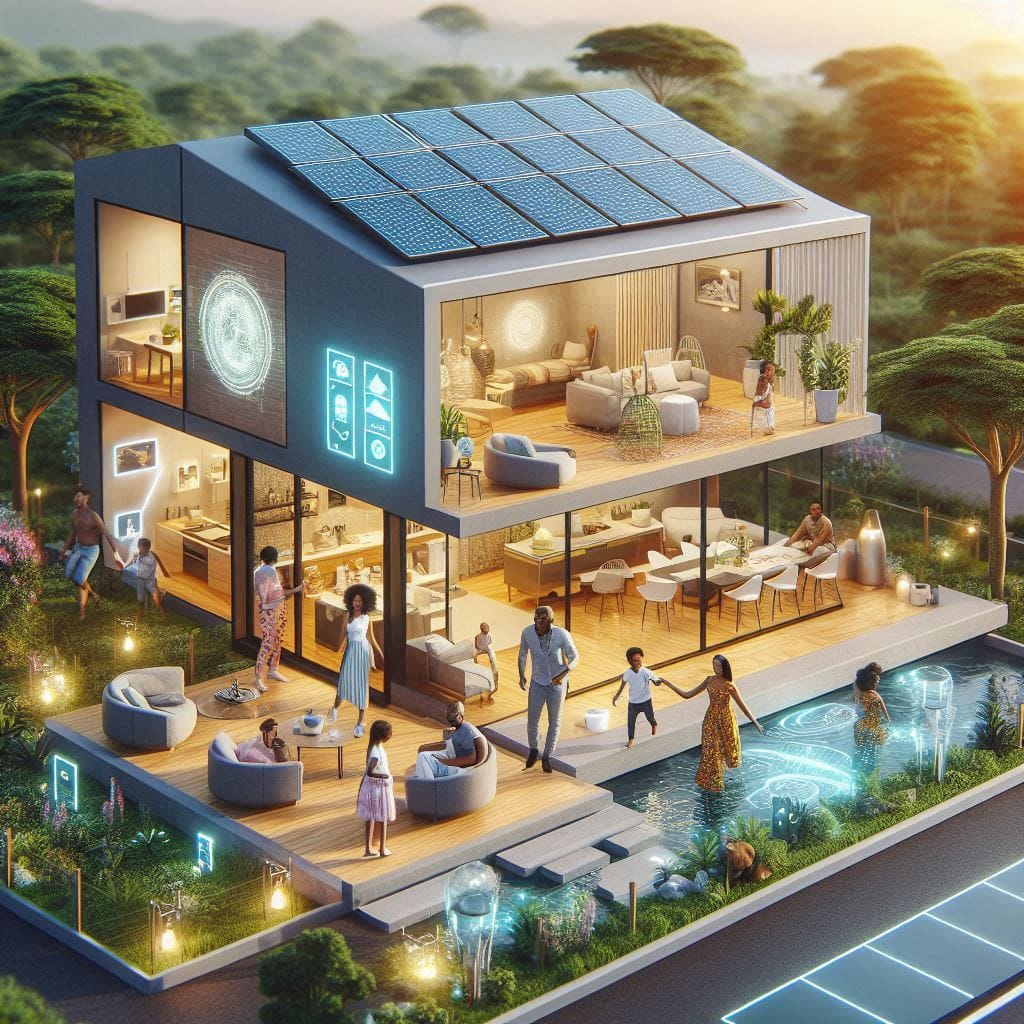In recent years, Ghana has witnessed a significant transformation in its residential architecture, driven by the integration of smart home technology technologies. These innovations are reshaping how Ghanaians live, offering enhanced convenience, security, energy efficiency, and overall quality of life.
Understanding Smart Home Technology
Smart home technology involves the integration of advanced systems and devices that allow homeowners to control and monitor various aspects of their homes remotely. This includes lighting, temperature, smart security systems, and entertainment devices, all managed through smartphones, voice assistants, or automated routines.
The Rise of Smart Homes in Ghana
Ghana’s property value sector is embracing smart home technology, with developers incorporating these features into new residential projects. This trend is not only enhancing the living experience but also increasing property values. For instance, smart homes offer unprecedented security, energy efficiency, and convenience, making them highly attractive to potential buyers and renters.

Benefits of Smart Homes in Ghana
- Enhanced Security: Smart security systems provide real-time monitoring and alerts, ensuring the safety of homes and loved ones. Features like smart locks, surveillance cameras, and motion detectors offer homeowners peace of mind.
- Energy Efficiency: Smart thermostats and lighting systems optimize energy consumption, reducing utility bills and promoting sustainability. Automated controls adjust settings based on occupancy and time of day, leading to significant energy savings.
- Convenience and Comfort: Home automation allows for seamless control of various systems, enhancing daily living. For example, smart curtains can adjust to the time of day, and voice-controlled assistants can manage tasks hands-free.
- Increased Property Value: Homes equipped with smart technologies are more attractive to buyers, potentially leading to higher resale values. The integration of modern technologies aligns with the growing demand for contemporary living spaces.
Challenges and Considerations
Despite the numerous benefits, the adoption of smart home technologies in Ghana faces certain challenges:
- Infrastructure Limitations: Reliable internet connectivity and consistent electricity supply are essential for the optimal functioning of smart devices. In some areas, these infrastructural issues can hinder the full potential of smart homes.
- Cost: The initial investment for smart home devices and installation can be significant, making it less accessible to a broader segment of the population. However, as technology advances and becomes more widespread, costs are expected to decrease.
- Awareness and Education: There is a need for increased awareness and education regarding the benefits and functionalities of smart home technologies. Understanding how these systems work can encourage more homeowners to adopt them.
The Road Ahead
The future of smart homes in Ghana looks promising. As technological advancements continue, we can expect more innovative solutions that enhance energy efficiency, security, and resident convenience. The integration of smart home technologies into larger-scale urban planning and development initiatives is gaining traction, contributing to the creation of more sustainable, efficient, and livable communities.
In conclusion, smart home technology is revolutionizing residential architecture in Ghana, offering numerous benefits that enhance the living experience. While challenges exist, the ongoing advancements and increasing adoption of these technologies indicate a bright future for smart homes in the country.
For a visual insight into the impact of smart home technology in Ghana, you might find the following video informative:





